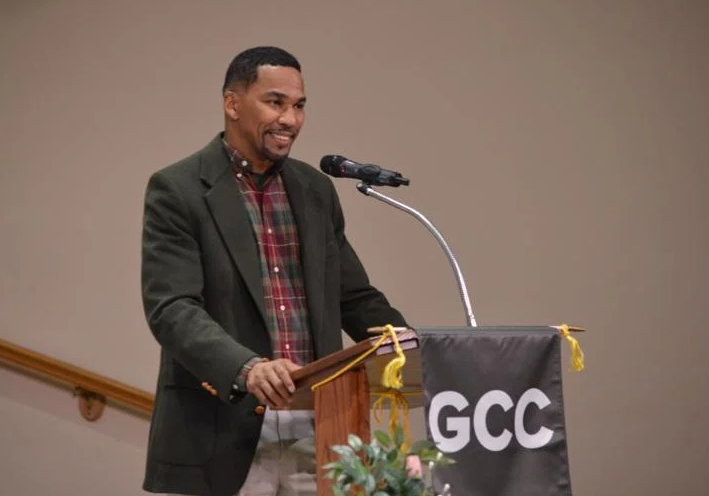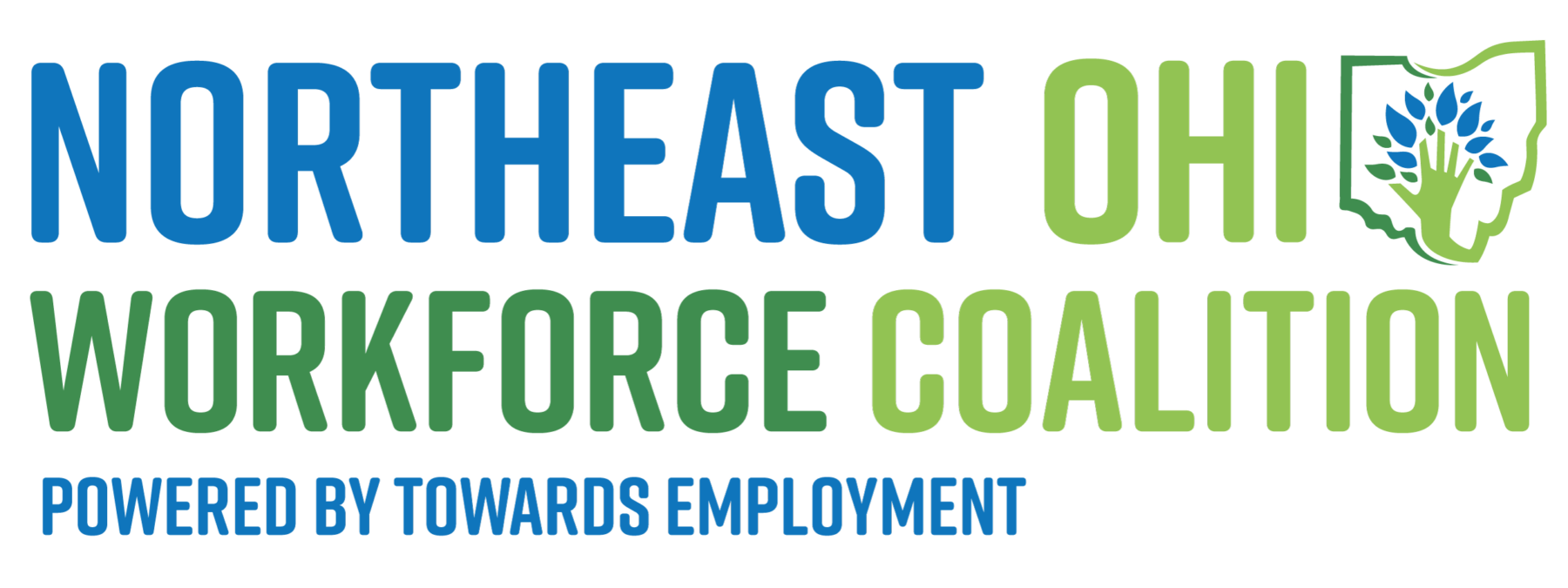Our Policy Action Plan
2022-2025
We promote economic mobility, focusing on those most impacted by systemic racism. We educate and advocate for a more equitable workforce system where racial income gaps have been eliminated and everyone has access to family sustaining wages and quality jobs.
4 Areas
Address root causes of racial disparities throughout the workforce system.
Action →
Action:
Promote proactive, data informed strategies to remove barriers impacting access to work and career advancement for Black and Brown workers, highlighting TE alumni voice.
Build more accesible on ramps and improve job quality, particularly at the front line/essential job categories.
Action →
Action:
Promote policies and investments in equitable skill building and career advancement opportunities.
Create more employment opportunities for individuals with criminal justice experience.
Action →
Action:
Decrease the number of barriers that hinder individuals with previous involvement with the criminal justice system to obtain employment with livable wages and career paths.
Acknowledge and address the social determinants of work.
Action →
Action:
Advocate for better integration of more holistic supports into workforce programming to increase engagement, retention, and advancement in the workforce.
Racial

We know racial disparity flows through every system - criminal justice, health care, education, housing, and employment. These disparities create barriers to accessing “social determinants of work” – the non-work-related elements that impact a person’s ability to take advantage of job opportunities.
This knowledge strengthens our commitment to provide robust wrap-around supports, longer-term coaching, legal services embedded in workforce programming; and helps us identify new support - expanding support services, committing to employer engagement around inclusive hiring and retention, and investing in leadership training for alumni.
TE’s WorkAdvance model can contribute to closing the racial earning disparity by:
Increasing skills:
career readiness, soft-skill training, credentialed training, paid internships
Increasing Income:
job placement, coaching for retention/advancement
Addressing Social
Determinants of Work:
trauma informed case management to ensure needs are met
We are building capacity to:
1. Widen
the entry point to those who need a longer time to prepare to enter training.
2. Build
in best practice from remote learning to maximize engagement and #s served.
3. Extend
career coaching to support continuous learning/social capital building of Towards Employment graduates.
4. Advocate
for local and national policies to bring systems change.
Generation Work
Towards Employment is a Generation Work partner helping connect and train young adults for great careers.
Generation Work is a partnership launched by the Annie E. Casey Foundation to help young Americans succeed in the job market. This partnership is designed for ages 18-24 who are enrolled in federal workforce programs and eligible for public benefits.

Northeast Ohio Workforce Coalition
Northeast Ohio Workforce Coalition (NEOWC) is an affiliate of the Ohio Workforce Coalition and shares the vision of a future where Ohioan’s have equitable access to opportunity and the supports they need to take advantage of it; Ohio’s businesses have a skilled workforce advancing in quality jobs; and Ohio’s workforce systems are aligned, transparent, and accountable.

Aspen Institute Northeast Ohio Workforce Coalition
The Ohio Workforce Coalition, with NEOWC as local partner, was selected in a nationally competitive process to facilitate the Aspen Institute Workforce Leadership Academy (WLA) in Cleveland. The Workforce Leadership Academy, with curriculum designed by the Economic Opportunities Program of the Aspen Institute, brings together leaders from across a local workforce ecosystem for a year-long series of retreats, workshops, and action learning projects. The Academy provides a forum for local leaders to work collaboratively to identify local and regional systems-based challenges and create shared solutions for economic opportunity for all. Fellows work with leading practitioners throughout the country as they deepen networks; strengthen systems leadership skills; apply race, equity, and systems change frameworks to their work; and increase understanding of effective strategies and programs.
Your Vote

Celebrate American democracy by making sure you, your friends, family, & community are Vote Ready for the next trip to the ballot box!
Policy Feed
Follow our X (formally known as Twitter) for more of Toward Employment's policy & advocacy.
Resources
For toolkits and other resources, visit our resource page.
